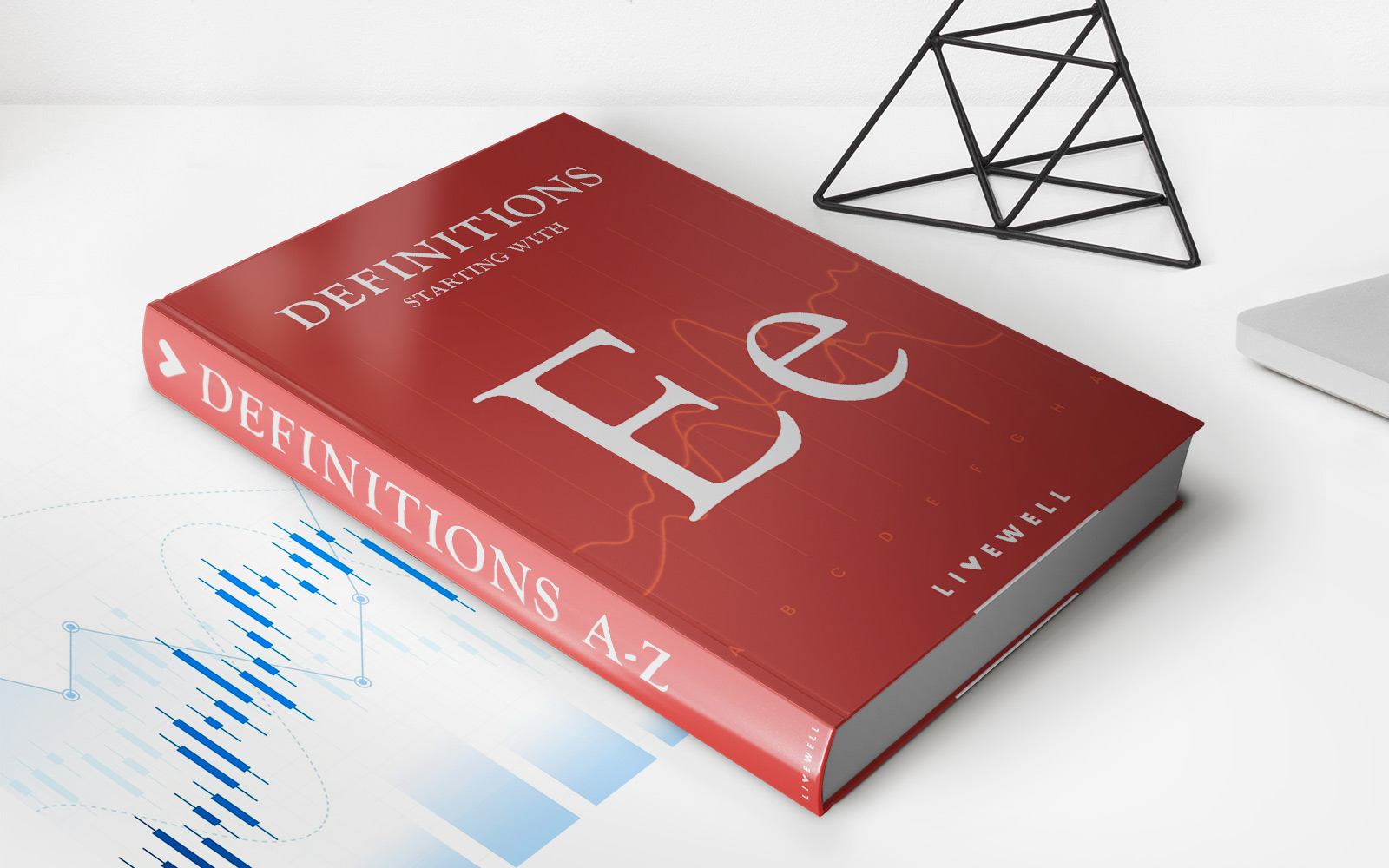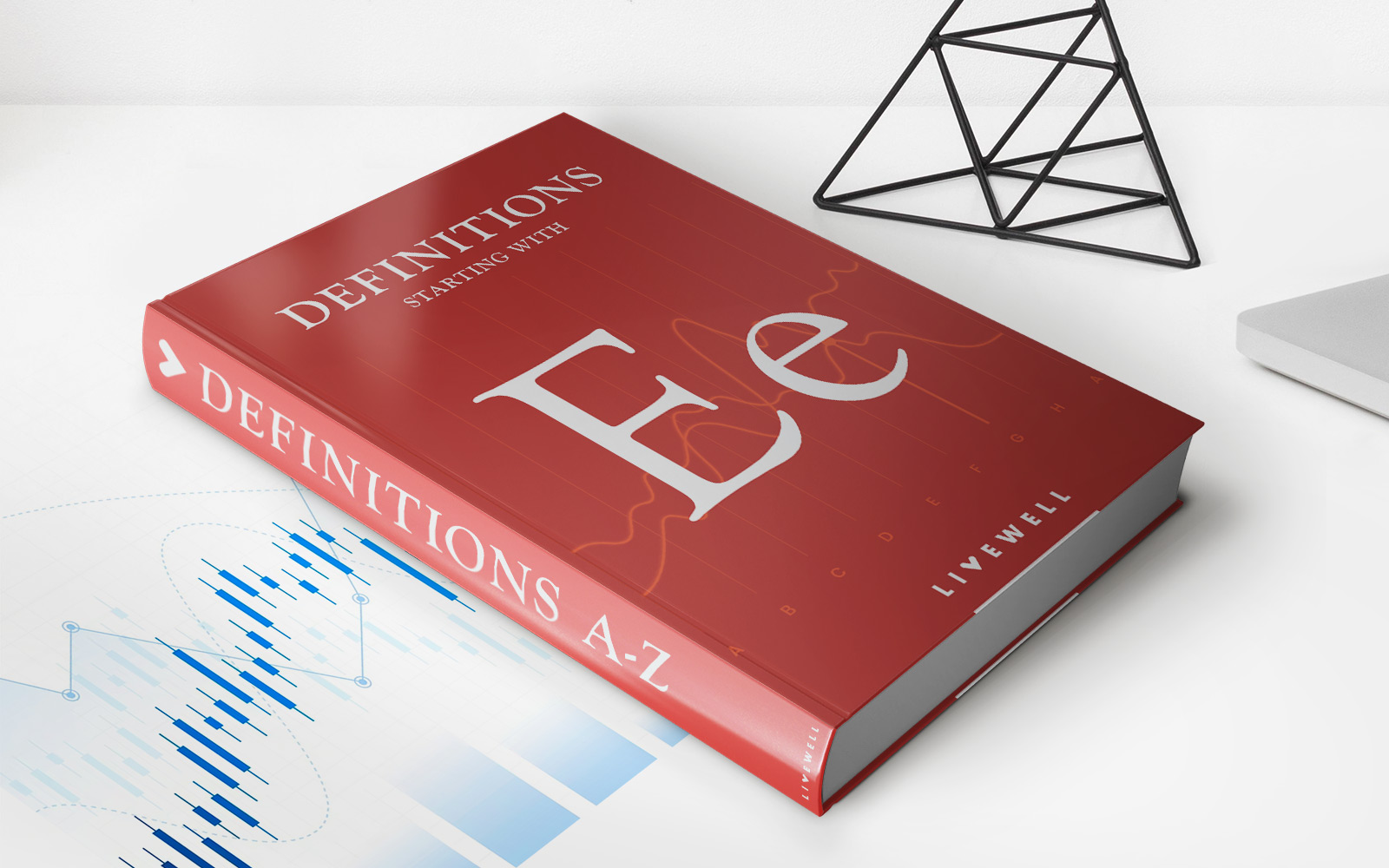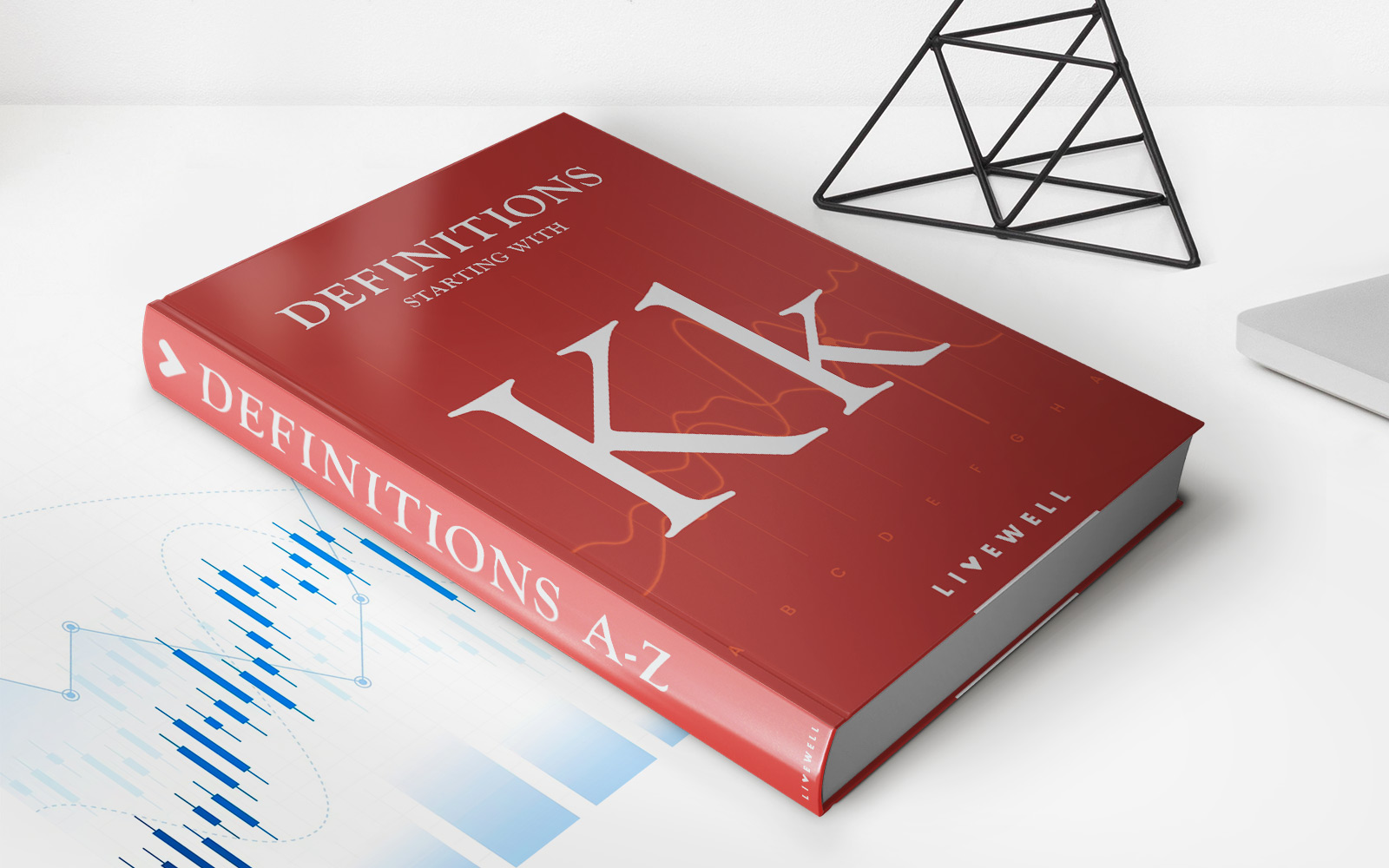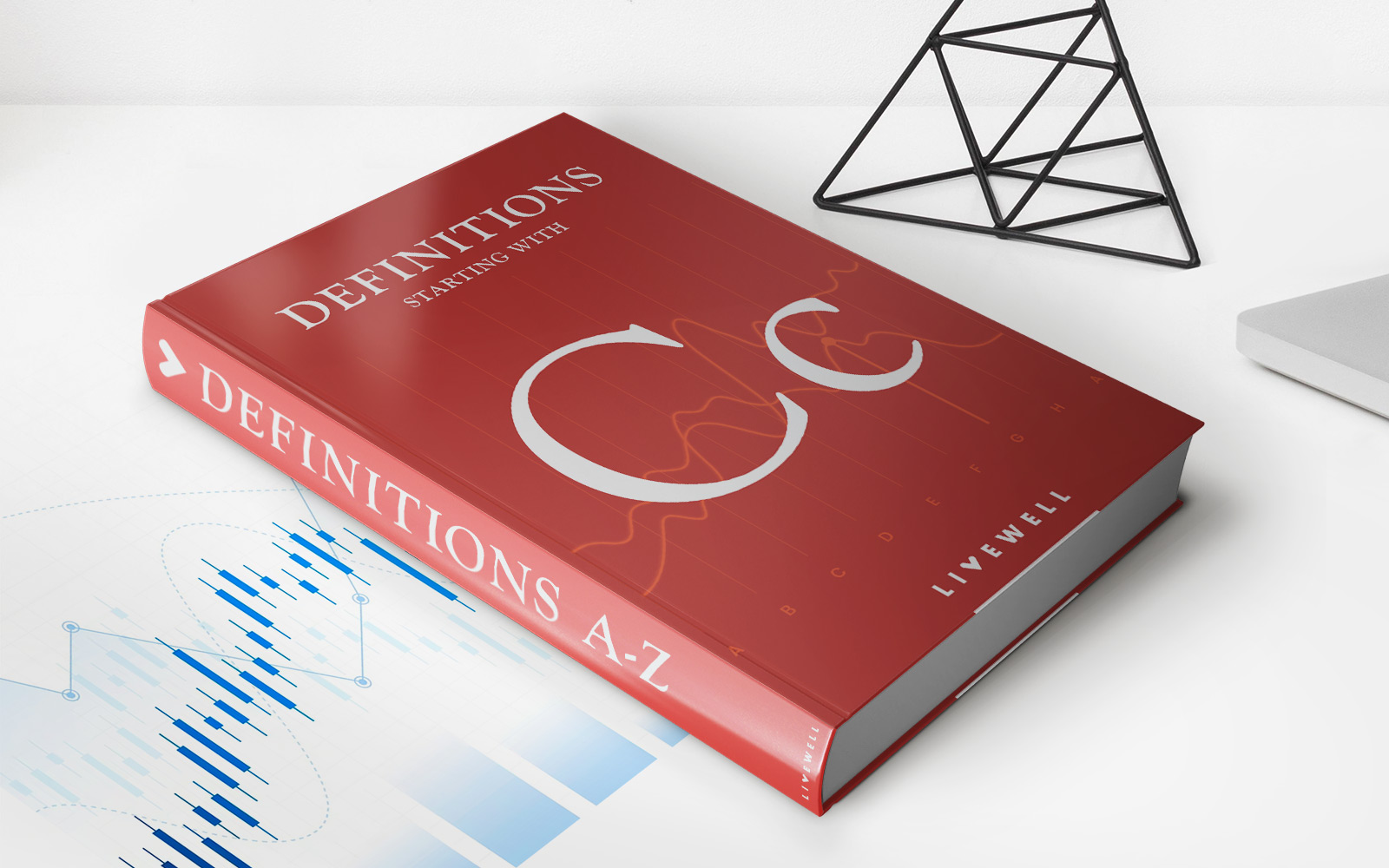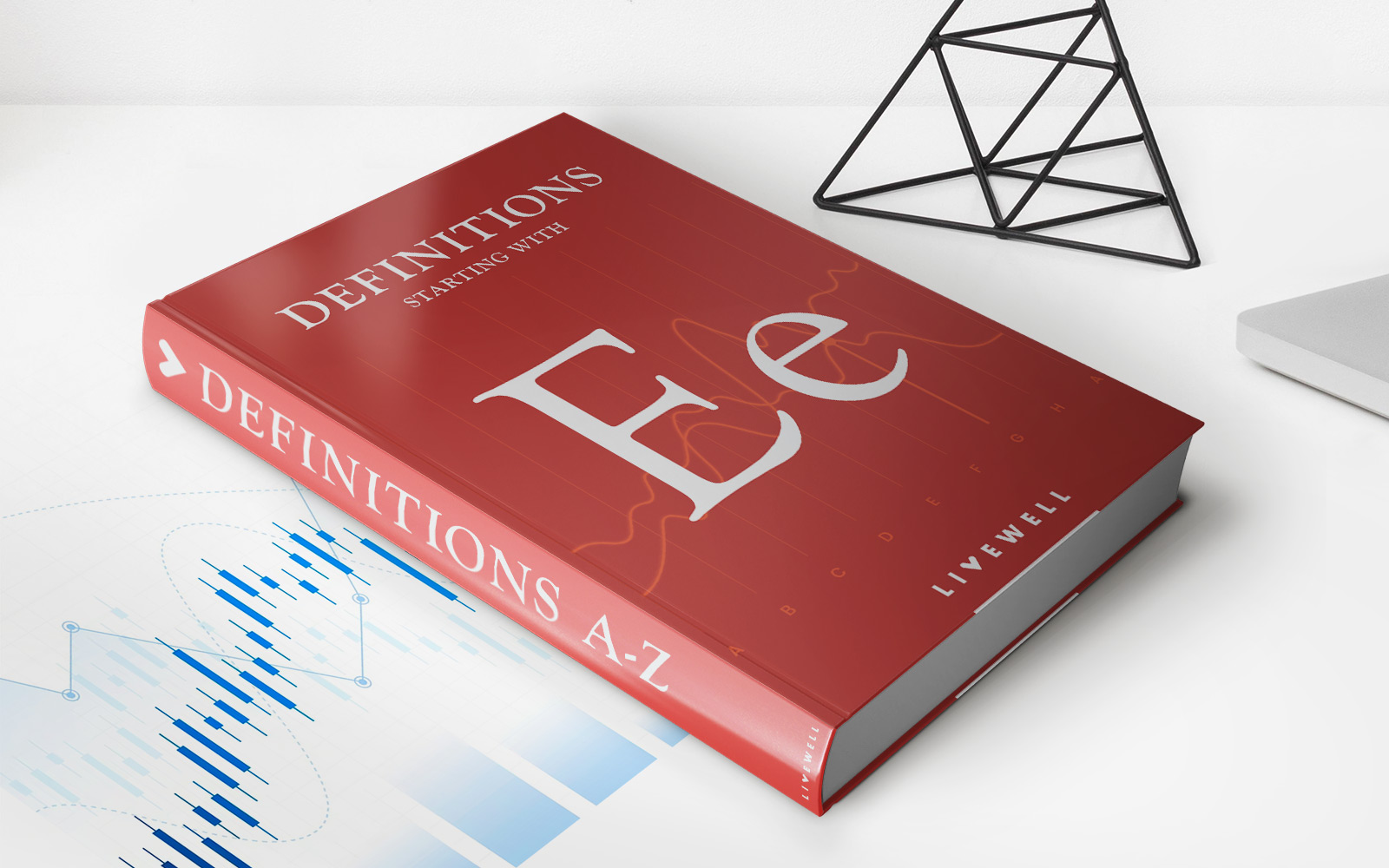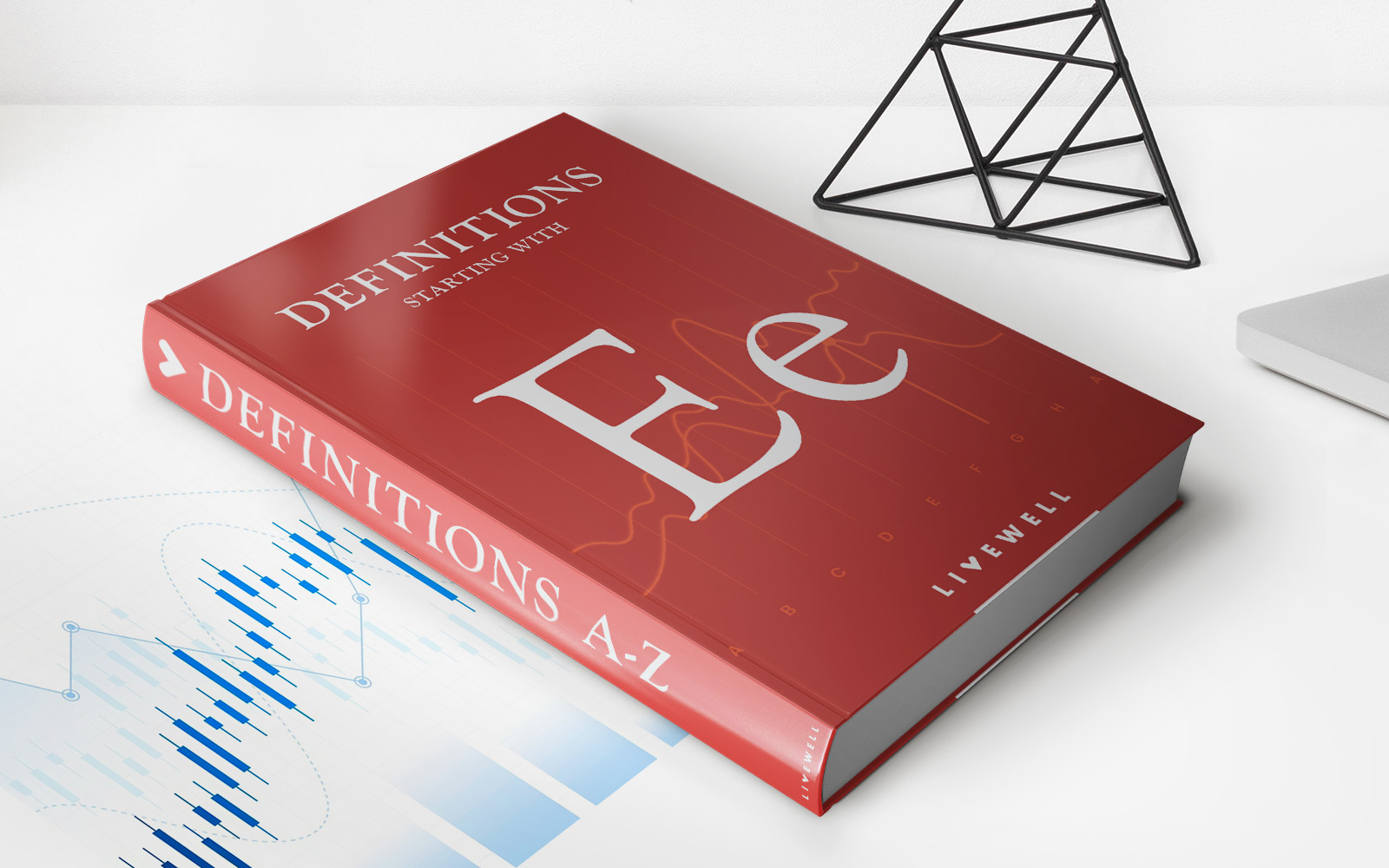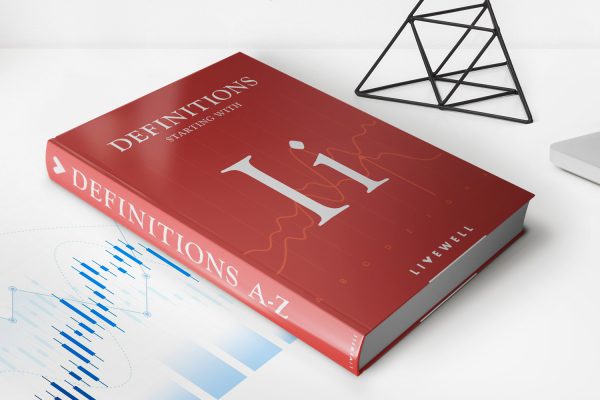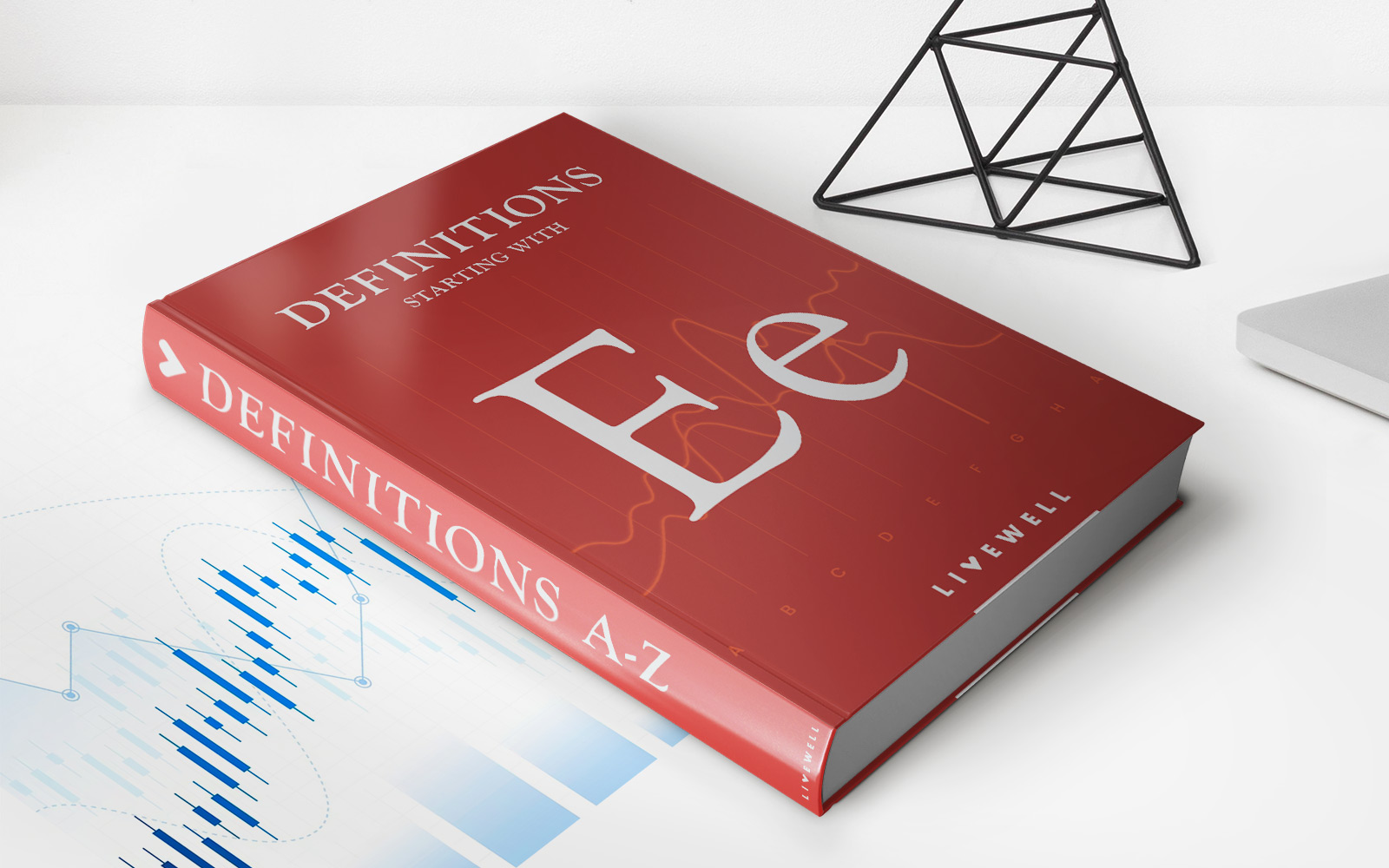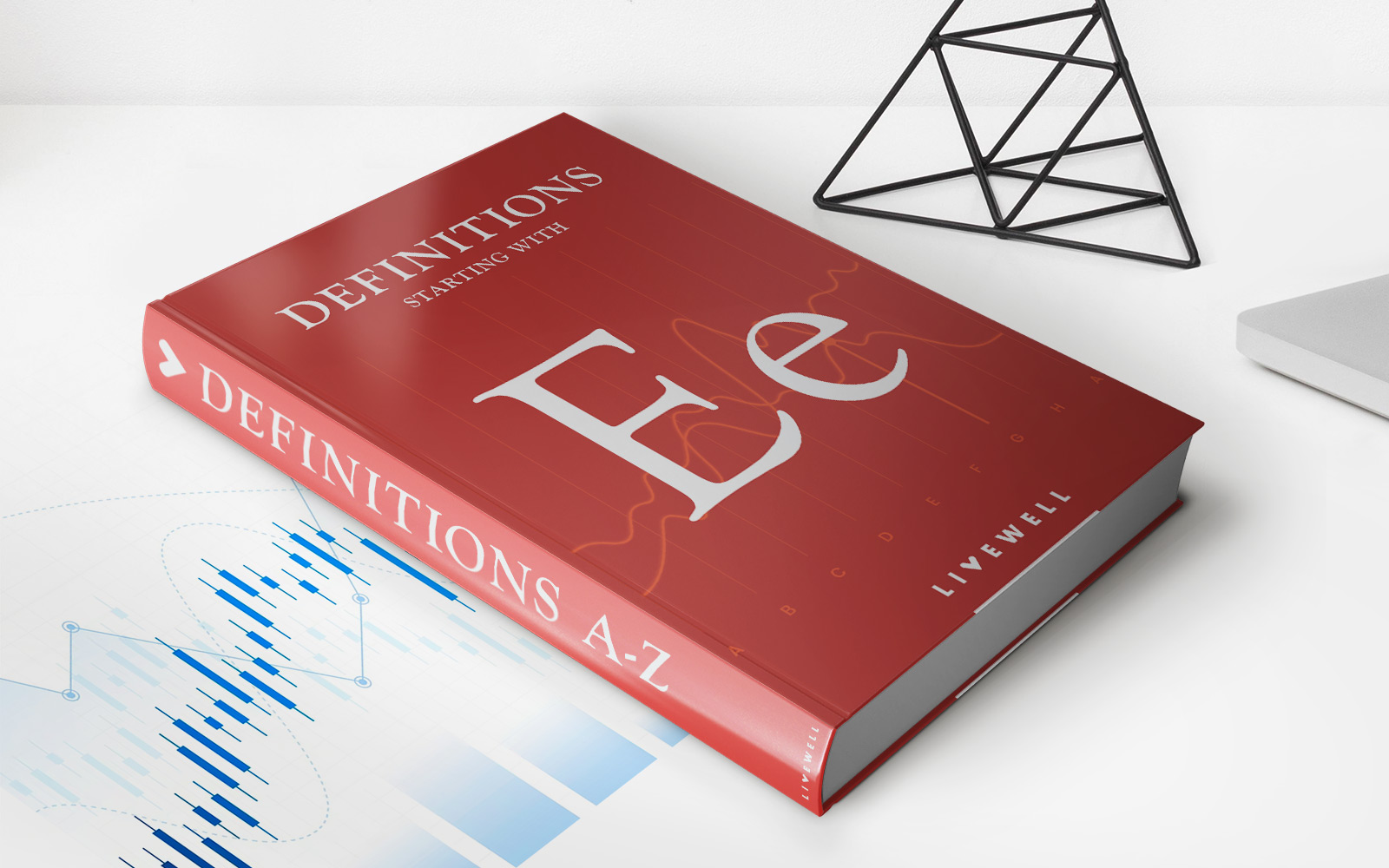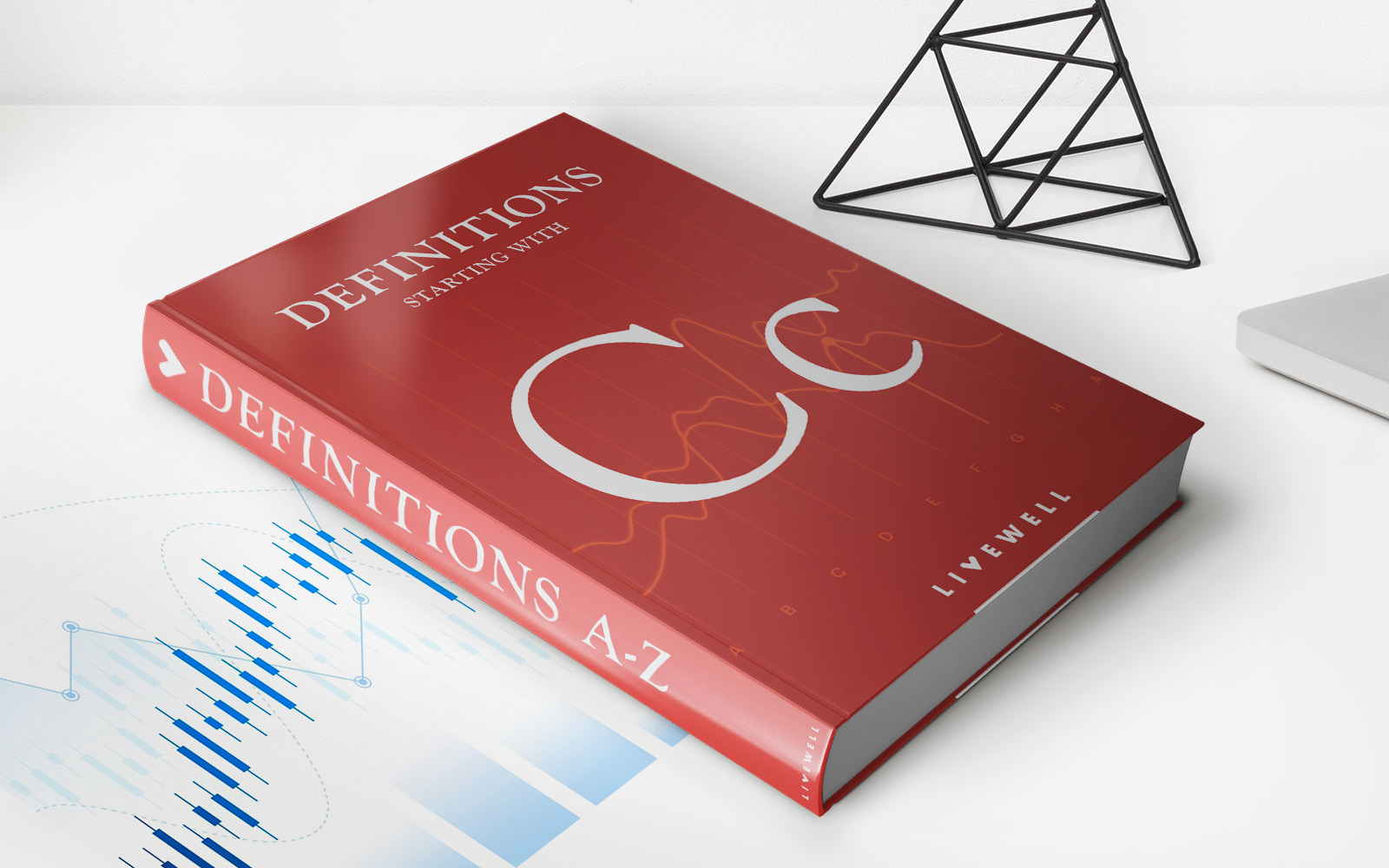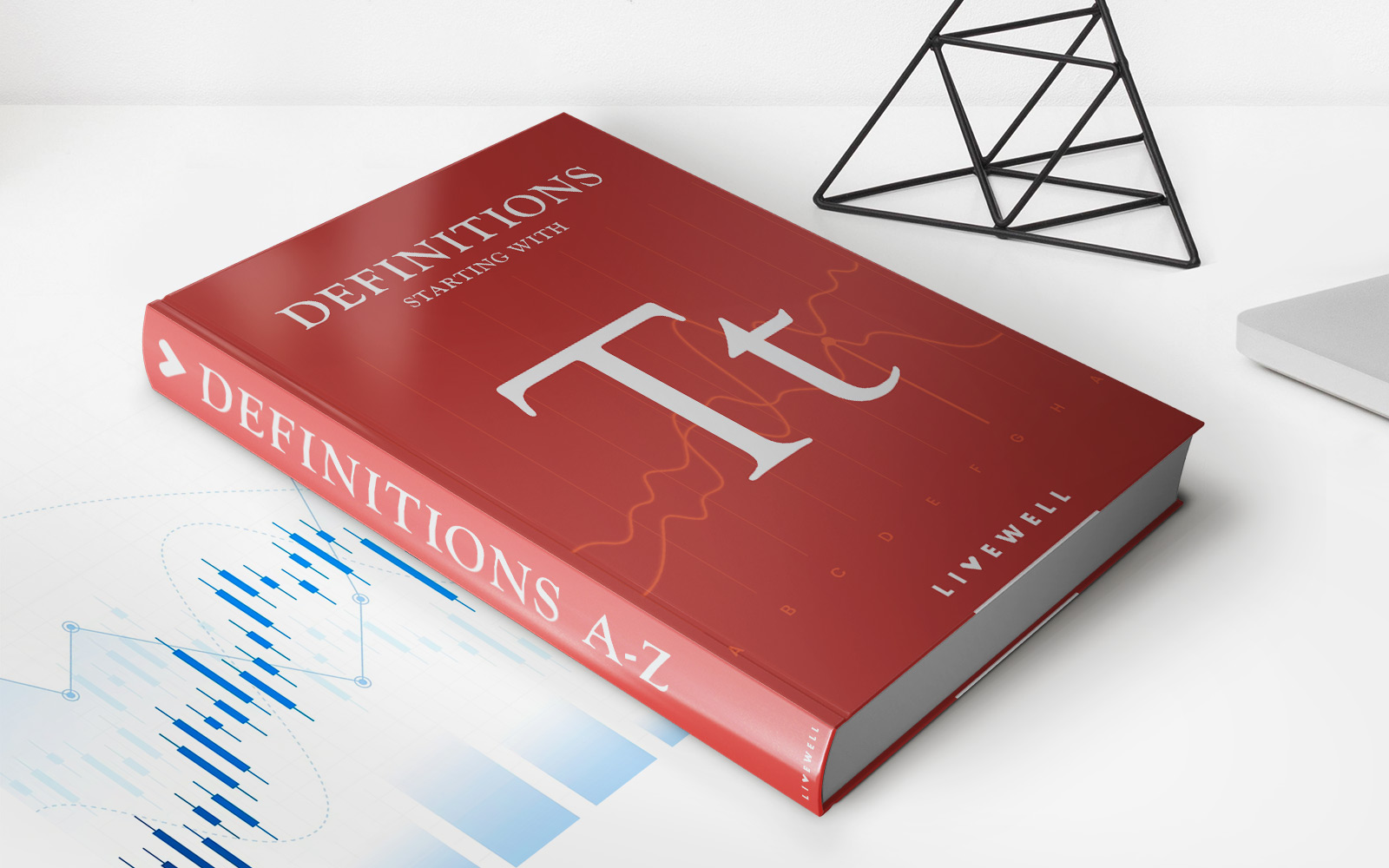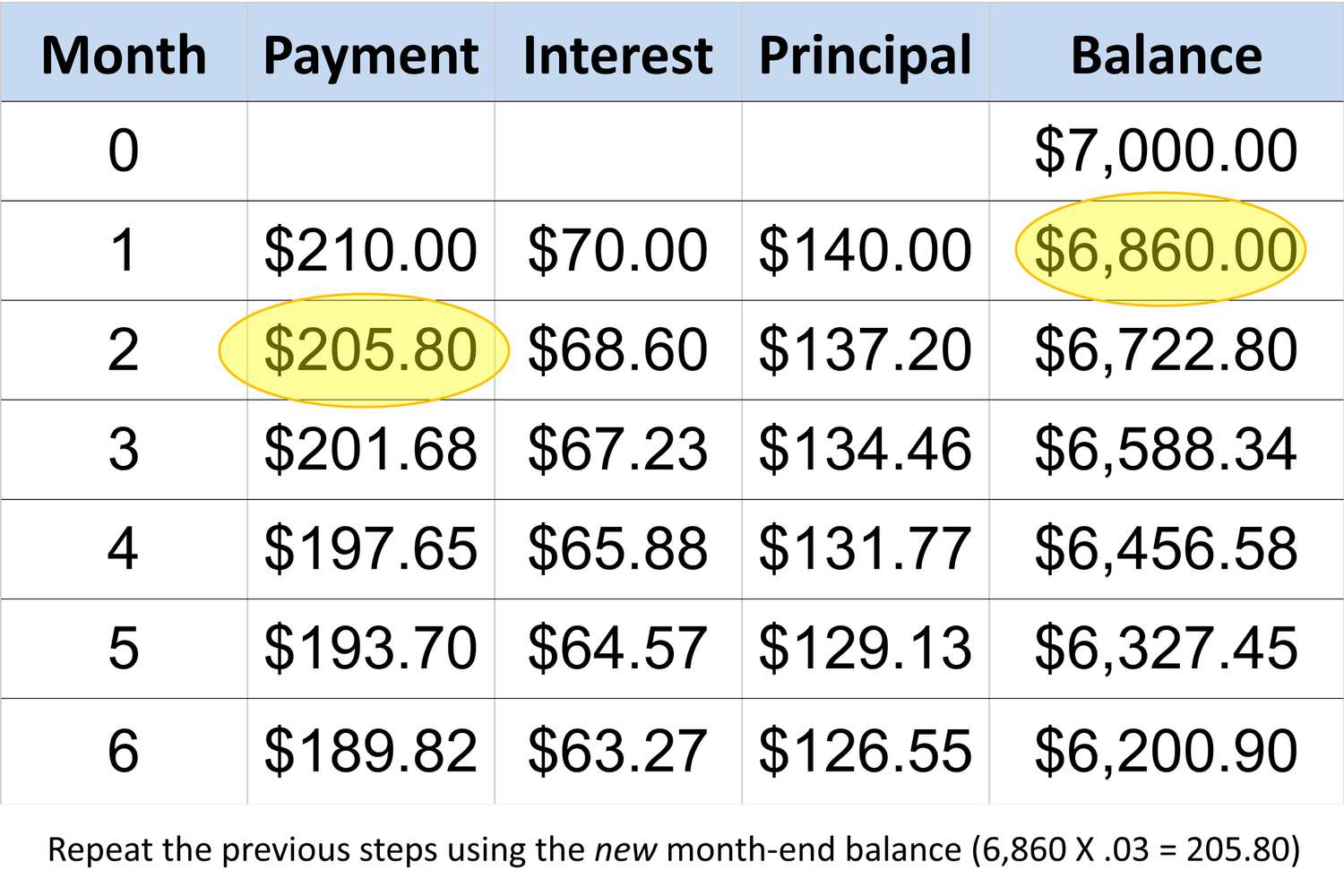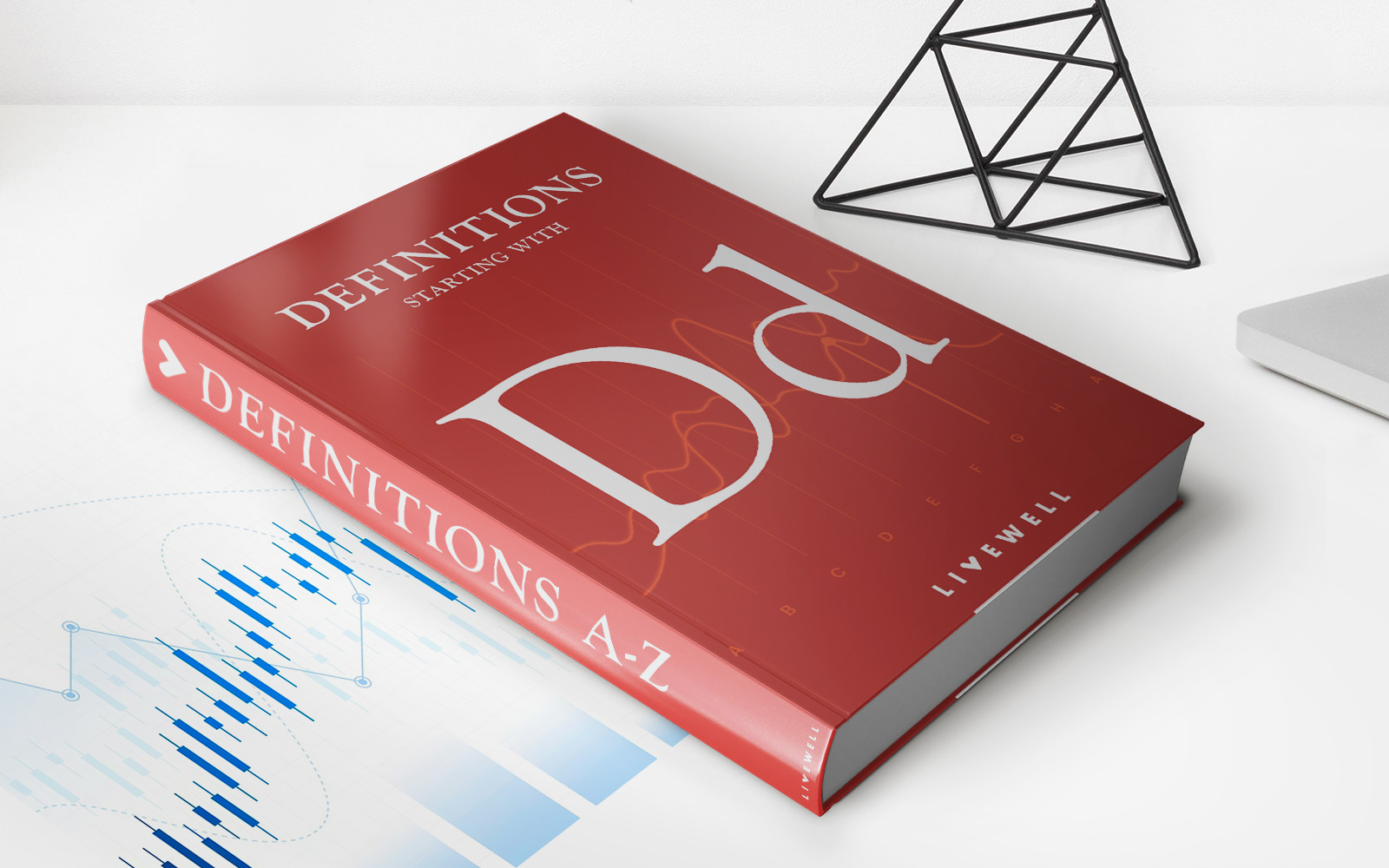Home>Finance>Ex-Dividend Date: Definition, Key Dates, And Example
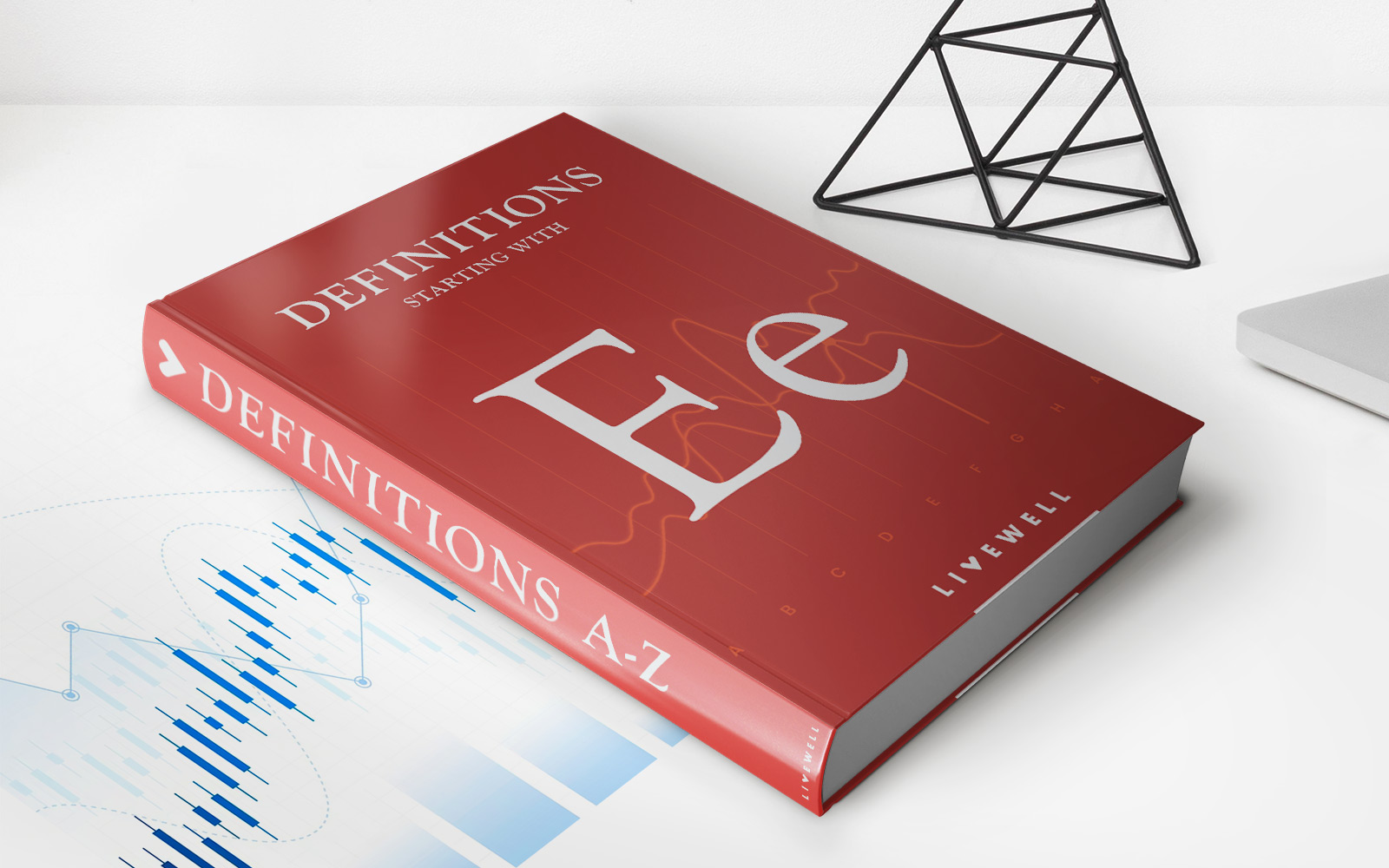

Finance
Ex-Dividend Date: Definition, Key Dates, And Example
Published: November 20, 2023
Learn the definition of ex-dividend date, key dates, and get an example in finance. Understand the importance of timing for dividend investors.
(Many of the links in this article redirect to a specific reviewed product. Your purchase of these products through affiliate links helps to generate commission for LiveWell, at no extra cost. Learn more)
Understanding Ex-Dividend Dates: A Key Component of Investing
Investing in stocks can be a great way to build wealth and generate passive income. One of the important concepts to understand as an investor is the ex-dividend date. In this article, we will explore the definition of an ex-dividend date, discuss its significance, go over the key dates associated with it, and provide an example to help clarify the concept.
Key Takeaways:
- The ex-dividend date is an important date for investors, as it determines who is eligible to receive a company’s dividend.
- It is the date on which the ownership of a stock no longer entitles the holder to the upcoming dividend payment.
What is an Ex-Dividend Date?
The ex-dividend date is a crucial date for investors and plays a significant role in dividend investing. It is the date that determines whether or not an investor is eligible to receive a company’s upcoming dividend payment.
When a company declares a dividend, it sets an ex-dividend date. Investors who own the stock before the ex-dividend date are entitled to receive the dividend, while those who purchase the stock on or after the ex-dividend date will not receive the dividend. Essentially, the ex-dividend date is the cutoff date that separates those who will receive the dividend and those who will not.
To summarize, the ex-dividend date is the date on which ownership of a stock no longer entitles the holder to the upcoming dividend payment.
Key Dates Associated with the Ex-Dividend Date
Understanding the key dates associated with the ex-dividend date is essential for investors. Let’s take a closer look at these key dates:
- Declaration Date: This is the date when a company announces its intention to pay a dividend. The company’s board of directors declares the amount of the dividend, the ex-dividend date, and the payment date.
- Ex-Dividend Date: As mentioned earlier, this is the date on which ownership of a stock no longer entitles the holder to the upcoming dividend payment.
- Record Date: This is the date on which a company reviews its records to determine the shareholders who are eligible to receive the dividend. Shareholders of record on this date will receive the dividend, regardless of when they purchased the stock.
- Payment Date: This is the date on which the dividend is actually paid to eligible shareholders.
It’s important to note that the ex-dividend date is typically set a few days before the record date to allow sufficient time for the stock transaction to settle. This ensures that the shareholder of record on the record date is the one who receives the dividend.
An Example of the Ex-Dividend Date in Action
Let’s use an example to illustrate how the ex-dividend date works:
Suppose Company XYZ announces a dividend payment of $0.50 per share and sets the ex-dividend date for May 1st. The record date is set for May 5th, and the payment date is May 15th.
Scenario 1:
- Investor A purchases 100 shares of Company XYZ on April 28th.
- Investor A is eligible to receive the dividend because they own the stock before the ex-dividend date of May 1st.
- Investor A will receive a dividend payment of $0.50 per share, totaling $50, on May 15th.
Scenario 2:
- Investor B purchases 100 shares of Company XYZ on May 2nd.
- Investor B is not eligible to receive the dividend because they purchased the stock on or after the ex-dividend date of May 1st.
- Investor B will not receive any dividend payment.
As you can see from this example, owning a stock before the ex-dividend date is crucial to be eligible for the dividend payment.
Conclusion
The ex-dividend date is an important concept for investors to understand, as it determines who is eligible to receive a company’s upcoming dividend payment. By being aware of the key dates associated with the ex-dividend date and their implications, investors can make informed decisions and optimize their investment strategies.
